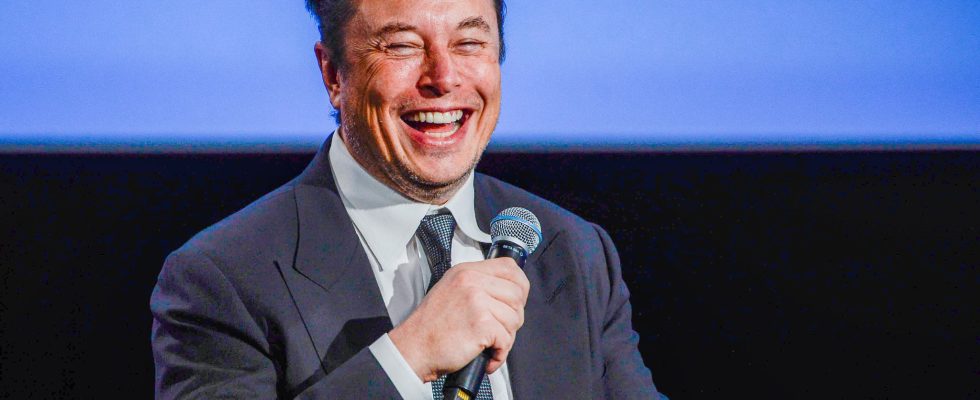In Silicon Valley more than elsewhere, bosses like to dream of being supreme guides. In 1984, Steve Jobs invited consumers to rebel against the system with the mythical advertisement of the first Macintosh directed by Ridley Scott. Today, Jeff Bezos takes himself for Dorian Gray by financing start-ups in search of the perfect elixir of youth, Jack Dorsey devotes himself to meditation every day before working on his social network projects, and Elon Musk refines his Promethean plan to save humanity by augmenting our brains.
The esoteric veneer with which tech bosses coat their big projects often turns ridiculous. To hear them, the most futile of their services must necessarily revolutionize the world. On LinkedIn, they invite us to “disrupt our mindsets” to reach the Nirvana of “winning”, with pseudo-inspiring anecdotes and heart emojis. When they bring shamans from distant lands to sell connected objects supposed to help us disconnect, we pinch ourselves.
Artificial intelligence, ultimate soft power
This propensity to play the gurus, however, reveals one thing: tech is more political than we think. Our smartphones, our computers and our game consoles are products like no other. The availability or shortage of semiconductors can boost or paralyze an economy. Social networks make and break political careers. The undersea Internet cables that connect our continents have become vital, and their geographic entry and exit points are the subject of fierce diplomatic negotiations.
A mirror of humanity on which it trains, artificial intelligence promises to become the soft-power ultimate, with major effects on our societies that it will be possible to change in an almost invisible way. It is therefore important to take a close look at the “religion” that the prelates of tech serve us. To make an exegesis of it. And to verify that their innovations translate into action the principles displayed in their pretty PowerPoints.
